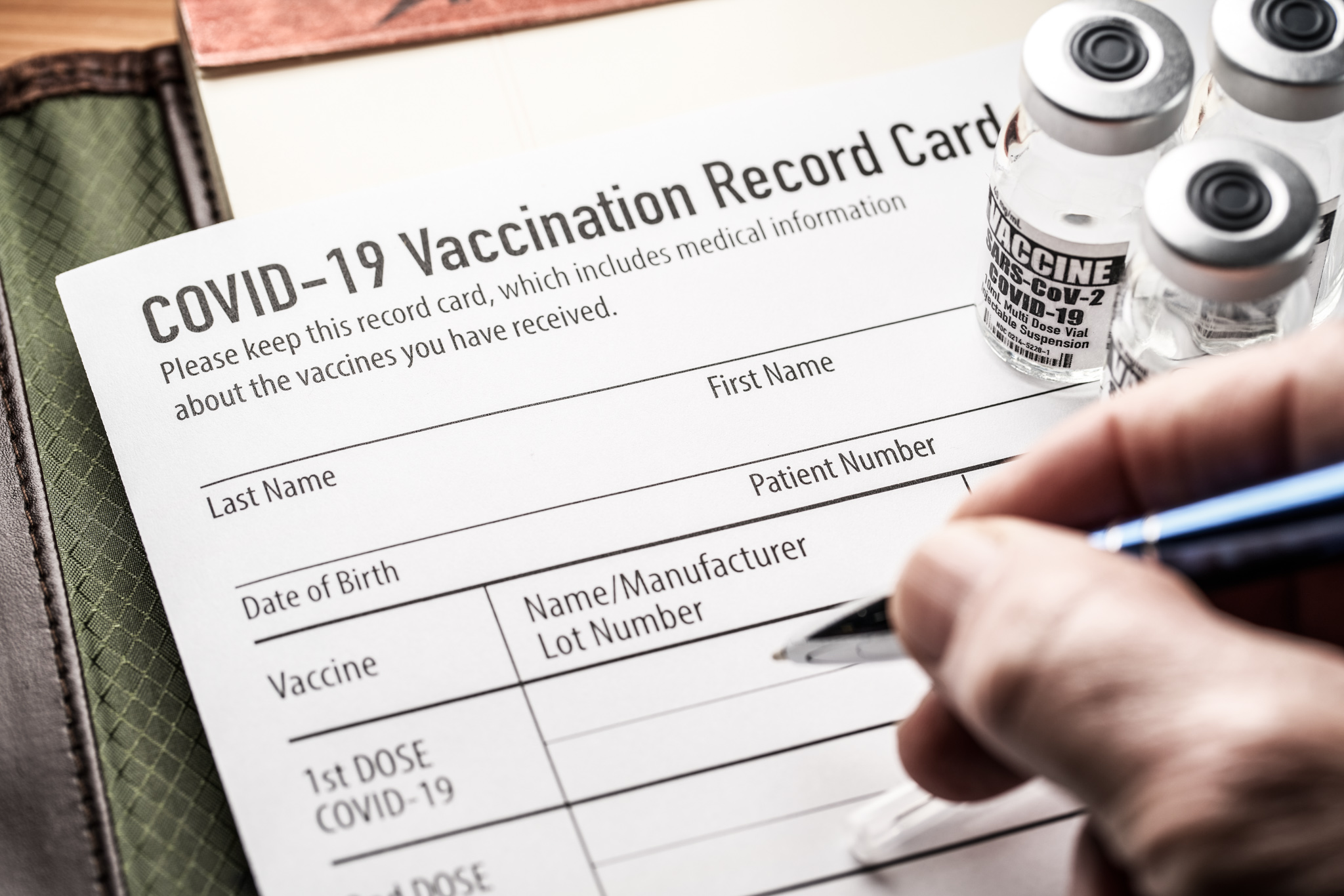The COVID-19 vaccine plays a big role in the long-term prevention – and ending – of the pandemic. We understand that in addition to inspiring new hope and innovation, the COVID-19 vaccine has also spurred on questions and doubt. Here’s a list of the most important facts you should know about the COVID-19 vaccine.
The COVID-19 vaccine is safe.
Safety is the most important requirement for the vaccine and is assessed in trials by independent experts. The most important ways safety is ensured are:
- Most side effects occur within 6 weeks of vaccine administration, and the FDA has required 8 weeks of
safety monitoring so it can track any side effects. - The FDA also advises a minimum of 3,000 participants to assess safety during a trial. The trials of the COVID-19 vaccine included 30,000 to 50,000 participants.
The COVID-19 vaccine will not change your DNA.
The vaccine is an mRNA vaccine and does not interact with our DNA in any way. Instead, it gives instructions for
our cells to make a harmless piece of what is called the “spike protein” – just like the spikes on the COVID-19 virus. Our immune system begins building an immune response and making antibodies. At the end of the process, our bodies have learned how to protect against future infections.
What is in the vaccine?
The Pfizer and Moderna COVID-19 vaccines contain strands of messenger RNA inside a special coating that
protects it from enzymes in the body that would otherwise break it down. The Johnson & Johnson COVID-19 vaccine
is a viral vector vaccine, using a modified version of a different virus to deliver instructions in the form of genetic
material (a gene) to a cell.
None of the vaccines can give you COVID-19, and they DO NOT contain:
- Live COVID-19 virus
- Egg products
- Blood products
- Beef products
- Pork products
- Government tracking devices
The COVID-19 vaccine does not cause infertility or miscarriage.
There is no evidence to support claims that the COVID-19 vaccines cause infertility or miscarriage. The mRNA is rapidly broken down by the cell once the instructions have been transmitted, so it does not cause mutations or cellular defects, and has not been associated with infertility.


